WRITING INDIAN STORIES
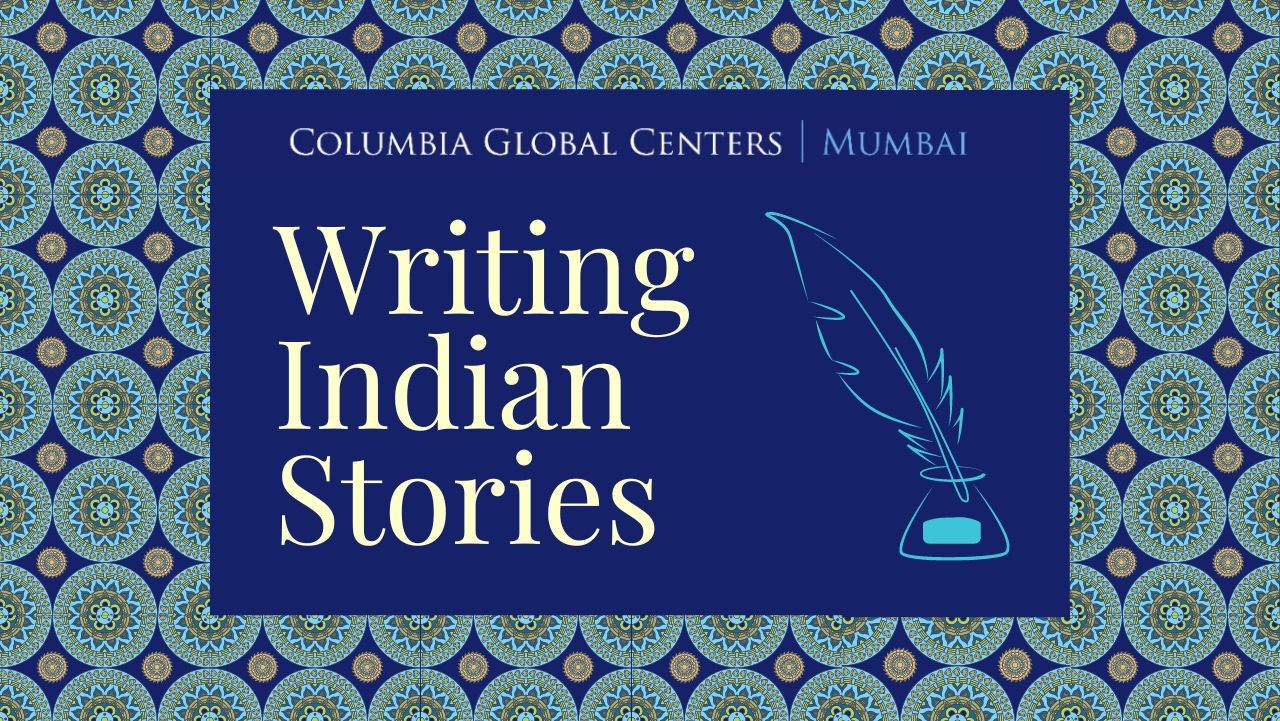
Is the pen truly mightier than a sword? Our Writing Indian Stories series showcases the transformative power of the written word. It features literary works by members of the Columbia community, especially alumni, that compellingly engage with the complex realities of society, and offer distinct pathways for reimagining our world. The series explores a spectrum of mediums including books, memoirs, collections of poems, and journalistic work, shedding light on the diverse genres, creative processes, and cultural implications of storytelling and providing insights for aspiring writers. The events have garnered widespread attendance from students, educators, and cultural professionals.
Public Events
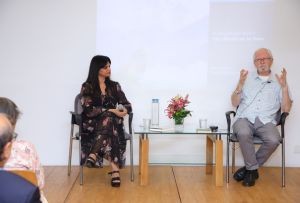
The Himalayas As Muse
We held a conversation with authors Stephen Alter and Ravina Aggarwal on how the Himalayas have inspired their mystery novels, Birdwatching (Aleph, 2022) and Searching for the Songbird (Zubaan Books, 2022) respectively on October 30, 2023. Both authors, deeply connected to the Himalayas, shared insights -- Dr. Aggarwal highlighted her field research in Ladakh and Uttarakhand, shaping her relationship with the mountains, while Mr. Alter expressed the Himalayas as his writing muse. Both novels share a thematic focus on birds, reflecting the Himalayan environmental ecosystem and the cultural milieu.
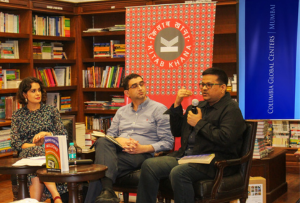
Radio for the Millions
Radio's pivotal role in shaping South Asian narratives was discussed by Dr. Isabel Alonso, Assistant Professor, Department of Middle Eastern, South Asian & African Studies at Columbia University at Kitab Khana on July 14, 2023. Her book, Radio for the Millions, explores Hindi-Urdu radio's impact from World War II to the 1965 India-Pakistan war. Covering 15 years of research, the book highlights Ameen Sayani's influence on shaping a sense of belonging through Binaca Geetmala.
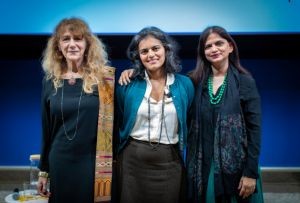
War, Women and the Healing of a Nation
We hosted Jyoti Thottam, New York Times editorial board leader, discussing her book Sisters of Mokama: The Pioneering Women Who Brought Hope and Healing to India. Inspired by her mother, the book explores six Kentucky nuns establishing Nazareth Hospital in Bihar, India, post-independence. The story highlights the nurses' pivotal role in building a lasting institution and addresses global health equity needs. The discussion emphasized the importance of diverse research methods, including letters and oral histories, in capturing the nuanced experiences.

Writing from the Margins: The Journey of Khabar Lahariya
We hosted an online panel discussion with Khabar Lahariya, a women-led rural media collective in India, on its twentieth anniversary. The session traced the organization's journey and its impact, focusing on empowering marginalized communities through feminist storytelling. Speakers Kavita Bundelkhandi, Khabar Lahariya's Editor-in-Chief, and activist Farah Naqvi highlighted challenges faced by women journalists, emphasizing the platform's feminist approach in addressing gender issues.
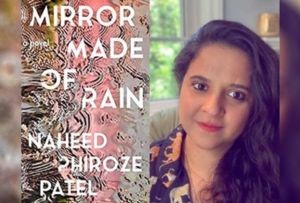
Writing Women's Stories
How has fiction offered meaning to the trauma and injustice suffered by women? We held a virtual conversation with Naheed Phiroze Patel on her book, A Mirror Made of Rain, which delves into a woman's battle against patriarchy, societal inequality, and gender constraints. Patel emphasized characters' agency through everyday resistance, acknowledging the toll challenging injustices takes on women's relationships and mental health. Despite the novel's challenging themes, Patel hoped it contributes to discussions on women's mental health, fostering resonance and solidarity among readers.

Indian Stories on the Global Stage
The pandemic has reshaped notions of home and global mobility, stirring risks, anxieties, and opportunities. We hosted an insightful online discussion on November 18, 2021, featuring author Diksha Basu and Dr. Ravina Aggarwal. The conversation delved into Basu's novels Destination Wedding and The Windfall, exploring the dynamic interplay of home, belonging, and work-life balance. Basu highlighted the impact of storytelling platforms, shifting perspectives and locations. Reflecting on her Columbia University MFA journey, she emphasized the program's role in her evolution as a writer.
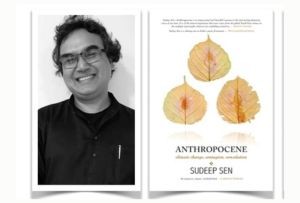
Poetry of Crisis and Loss
A discussion with poet Sudeep Sen explored the role of poetry in navigating unprecedented challenges like the pandemic and climate change. Sen's book, Anthropocene, delves into climate change using innovative styles and multimedia elements. Reflecting on the pandemic's impact, Sen highlighted the importance of capturing lasting records beyond soundbytes. The session also addressed the surge in poetry readership during the pandemic and the significance of global collaboration in times of crisis.